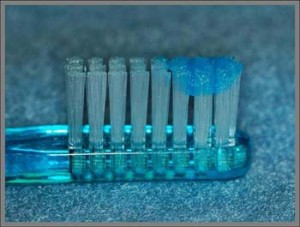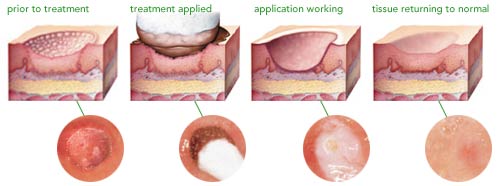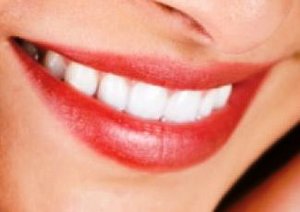Christmas is here and food is aplenty. Â Your makatidentist would like to leave some reminders for the holidays to help keep your teeth in good health.
1.  Over the holidays, many of us crack our teeth, thinking our teeth are made of steel.  Truth is, under that hard enamel shell is a very sensitive nerve running through a root surrounded by soft living tissue. Crunch on a lechon skin and welcome pain. Yes, cracking a tooth is an intensely painful experience resulting in the urgent need for a root canal and crown.  Hey, I won’t be around when that happens so choose what you eat.

2. Â Don’t give in to the temptation to bite down on that candy cane. Also, damaging acids form in the mouth every time you eat a sugary snack and continue to affect the teeth for at least 20 minutes afterwards.

3.  Your teeth are not  bottle openers.  If you don’t want to have us make an implant + a crown or bridge in your mouth, for heaven’s sake, carry a bottle opener on your keychain.

4. Â Alcoholic and carbonated drinks erode (melt) the enamel of your teeth. Â So follow this up with lots of water.

5.  Brush and floss your teeth after every meal . The single greatest cause of cavities is food (usually sugar) left on or around the tooth. Brushing and flossing is an obvious solution, it removes excess food and cleans the surface of the tooth. But who remembers to bring their toothbrush and dental floss to a Christmas party? So then…

6.  If you don’t have a tooth brush, rinse your mouth thoroughly with water to wash away food particles, produce more saliva and neutralize acids in your mouth.













